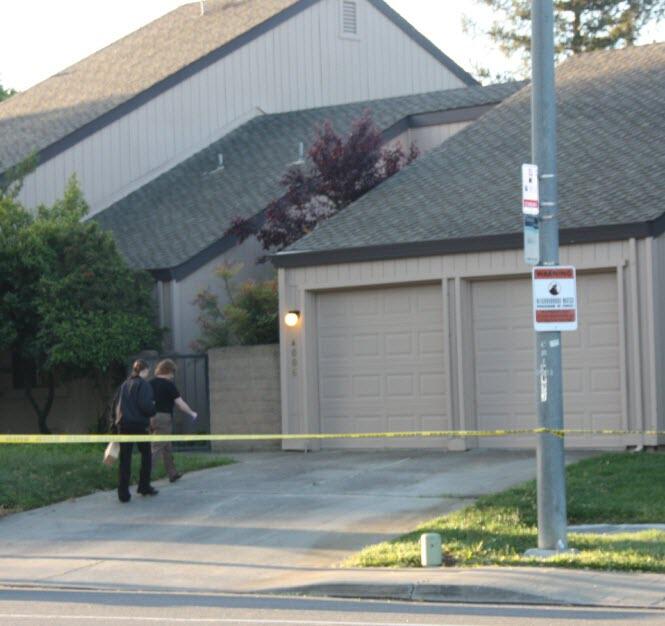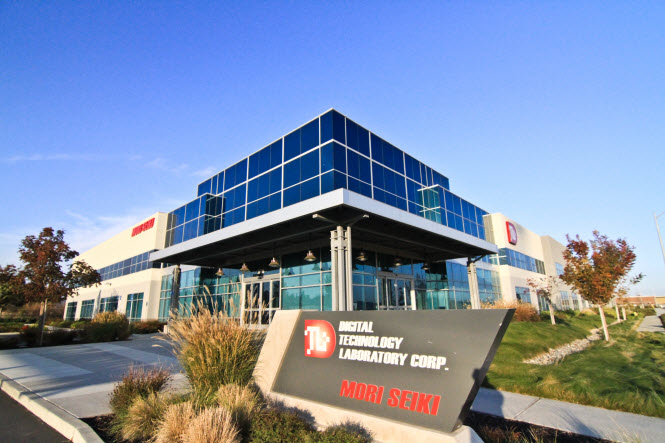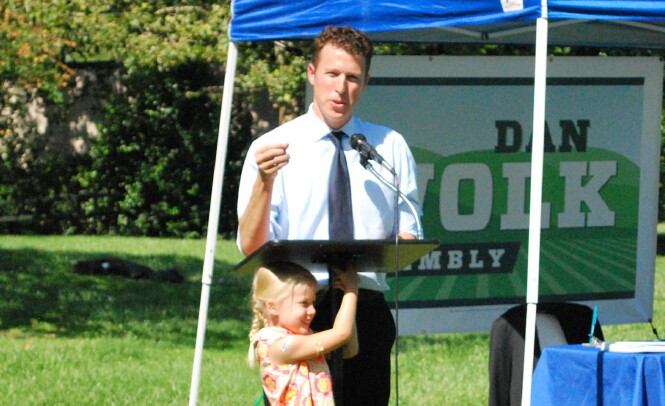 By Rob White
By Rob White
This week was marked by the announcement that Elon Musk (of PayPal, Tesla and SpaceX fame) announced that he is making significant plans to explore a new high speed transportation option that could result in a 30 to 45 minute trip between Los Angeles and San Francisco. As explained yesterday to Bloomberg Businessweek, the Hyperloop is a “a solar-powered, city-to-city elevated transit system that could take passengers and cars” between major cities in very short periods of time. The technology also “immediately poses a challenge to the status quo-in this case, California’s $70 billion high-speed train that has been knocked by Musk and others as too expensive, too slow, and too impractical.”
The Bloomberg article goes on to further explain that “the Hyperloop would avoid many of the land issues because it’s elevated. The tubes would, for the most part, follow I-5, the dreary but direct freeway between L.A. and San Francisco. Farmers would not have swaths of their land blocked by train tracks but could instead access their land between the columns. Musk figures the Hyperloop could be built for $6 billion with people-only pods, or $10 billion for the larger pods capable of holding people and cars. Altogether, his alternative would be four times as fast as California’s proposed train, at one-10th the cost. Tickets, Musk says, would be ‘much cheaper’ than a plane ride.”
 It has been an interesting week as the Vanguard‘s response to an article in the Enterprise, that laid out the basics in the Cannery plan, has triggered literally hundreds of comments in four articles this week.
It has been an interesting week as the Vanguard‘s response to an article in the Enterprise, that laid out the basics in the Cannery plan, has triggered literally hundreds of comments in four articles this week.
 When the jury spent less than one hour deliberating before clearing Regina Roxanne Perez of perjury after she had been a prospective juror in the 2011-12 Marco Topete death penalty case, we were left with the question as to why the District Attorney’s office would spend time and taxpayer money pursuing this case.
When the jury spent less than one hour deliberating before clearing Regina Roxanne Perez of perjury after she had been a prospective juror in the 2011-12 Marco Topete death penalty case, we were left with the question as to why the District Attorney’s office would spend time and taxpayer money pursuing this case. By Catherine McKnight
By Catherine McKnight One of the critical questions posed by those who question a housing or mixed-used development is whether a business park can work at the Cannery site. Some have questioned the commitment of the site owners, whether it be Lewis Planned Communities or ConAgra, to seek viable developers for a business park concept.
One of the critical questions posed by those who question a housing or mixed-used development is whether a business park can work at the Cannery site. Some have questioned the commitment of the site owners, whether it be Lewis Planned Communities or ConAgra, to seek viable developers for a business park concept.
 By Rob White
By Rob White

 Holder Calls for an End to the Cycle of Poverty and Incarceration – In a continued signal of détente for the criminal justice system, US Attorney General Eric Holder made sweeping changes to the federal sentencing requirements by ordering federal prosecutors to cease listing the quantity of drugs in low-level drug cases, enabling them to sidestep federal laws that impose lengthy mandatory minimum sentencing requirements for possession of drugs and other related offenses.
Holder Calls for an End to the Cycle of Poverty and Incarceration – In a continued signal of détente for the criminal justice system, US Attorney General Eric Holder made sweeping changes to the federal sentencing requirements by ordering federal prosecutors to cease listing the quantity of drugs in low-level drug cases, enabling them to sidestep federal laws that impose lengthy mandatory minimum sentencing requirements for possession of drugs and other related offenses.


 This week came the surprising announcement that incumbent Assemblymember Mariko Yamada was not going to endorse one of her fellow Davis candidates, either Joe Krovoza or Dan Wolk, but instead would endorse the relatively inexperienced and certainly unknown candidate on this side of the district, Matt Pope.
This week came the surprising announcement that incumbent Assemblymember Mariko Yamada was not going to endorse one of her fellow Davis candidates, either Joe Krovoza or Dan Wolk, but instead would endorse the relatively inexperienced and certainly unknown candidate on this side of the district, Matt Pope.

 Ten years ago last month I suffered a very serious blood clot. It got lodged in my heart as a pulmonary embolism and part of it broke off and ended up in my right shoulder. It was the most painful experience of my life and it took nearly a week for the doctors to figure out what was wrong with a 30-year-old who was otherwise in good health.
Ten years ago last month I suffered a very serious blood clot. It got lodged in my heart as a pulmonary embolism and part of it broke off and ended up in my right shoulder. It was the most painful experience of my life and it took nearly a week for the doctors to figure out what was wrong with a 30-year-old who was otherwise in good health.